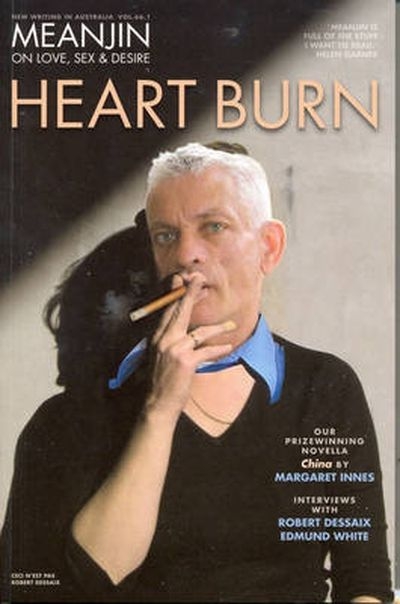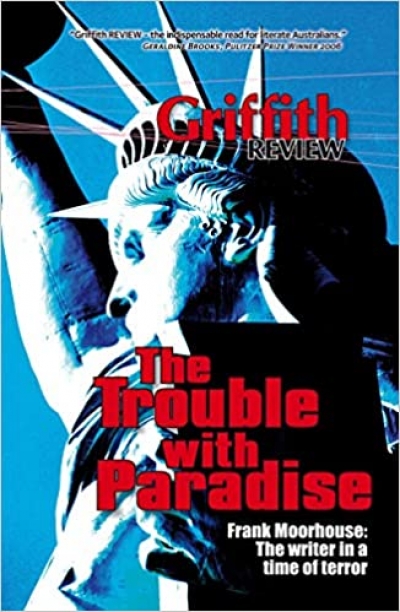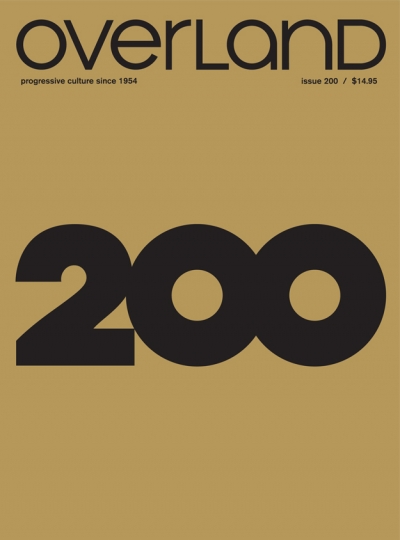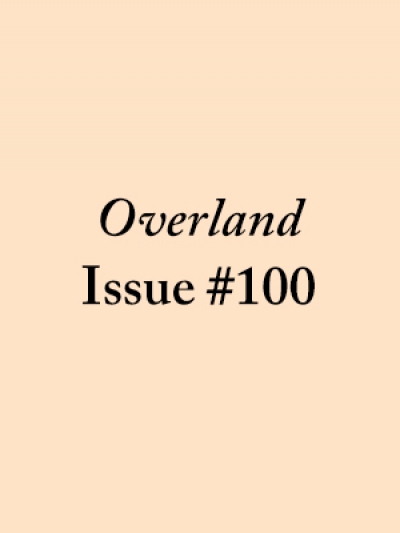Overland
Emperors in Lilliput: Clem Christesen of Meanjin and Stephen Murray-Smith of Overland by Jim Davidson
Meanjin Vol. 66, No. 1 edited by Ian Britain & Overland 186 edited by Nathan Hollier
Griffith Review 14: The trouble with paradise edited by Julianne Schultz
I would now like to begin with a plea for small literary magazines. I now have a vested interest in their survival (well, one, in particular), but then, I always thought I did. Little magazines are essential to the vitality of Australian literary and political culture. They play an important role in nurturing new poets, critics, storytellers, and reviewers. In the current book-publishing climate, there are few other opportunities for publishing short stories, experimental fiction, or poetry. Small magazines instigate and foster cultural debate and present a diverse range of opinions. Many of the most important issues in Australian public life today were first raised and discussed in literary magazines, including the stolen generations and racial ‘genocide’, the perils of economic rationalism and globalisation, the politics of One Nation, and the implications of new media technologies.
... (read more)Judith Rodriguez reviews 'Musings' by Anthony Turner, 'Under the Weather' by Laurie Duggan, 'Knabel' by Vicki Viidikas, 'A Photo of Some People in a Football Stadium' by Eric Beach, and 'Invitation to a Marxist Lesbian Party' by Lee Cataldi
Every book of poems is to some degree a selection, unless it’s a record of work and gets down among discarded drafts. Anthony Turner’s unpromisingly-titled first book (Musings: A collection of poems, 1965-1977, Hawthorn Press, $4.50 pb, 74 pp) needs so much more editing that it was an unwise venture into covers.
... (read more)

